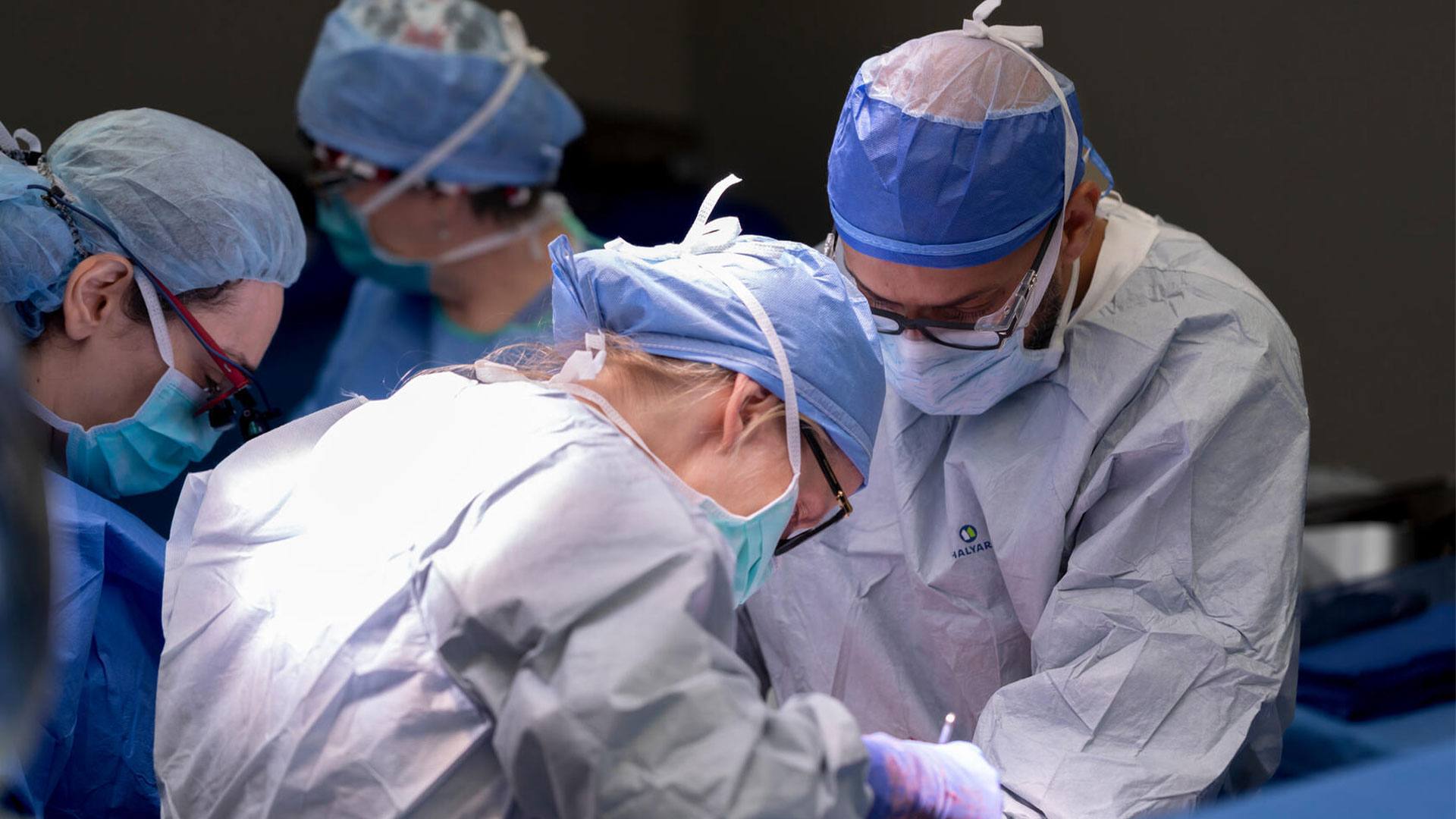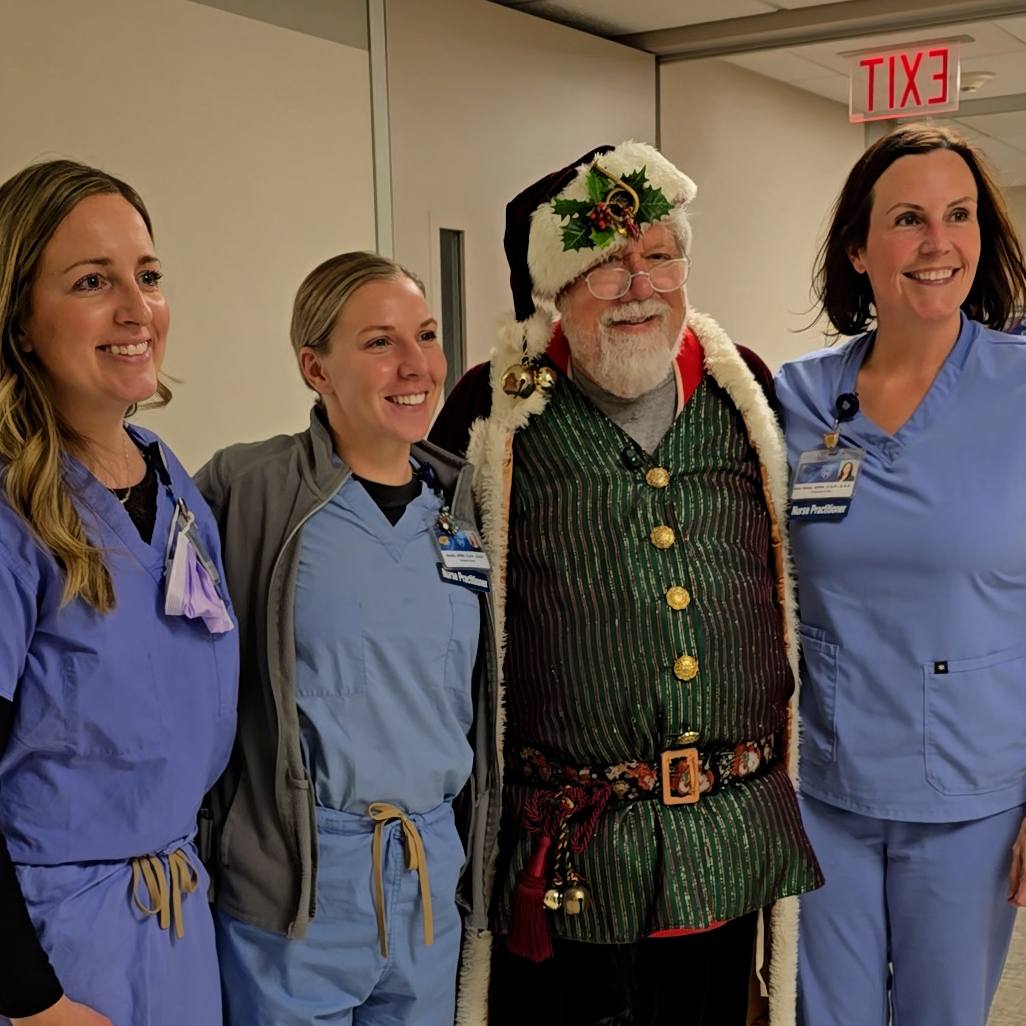-
Transplant
Transforming Transplant Initiative aspires to save lives through bioengineering

Mayo Clinic is taking steps to bolster the medical marvel of transplantation while addressing the confounding problem of a critical shortage of donor organs. It created the Transforming Transplant Initiative with a bold goal of providing organ transplants for everyone who needs one. Another objective is to eliminate the waitlist that has grown to more than 100,000 people in the U.S.
"My vision is to not just help one patient, but help the thousands who have end-stage organ failure get lifesaving transplants," says C. Burcin Taner, M.D., a Mayo Clinic surgeon who leads the initiative. Dr. Taner is also the chair of the Department of Transplantation at Mayo Clinic in Florida.
Addressing shortcomings of organ transplants
The Transforming Transplant Initiative was created as a collaboration between the Department of Transplantation and Mayo Clinic's Center for Regenerative Biotherapeutics. The project seeks to overcome the shortcomings of transplantation, the greatest of which is the need for more organs. Researchers working to improve transplantation ask tough questions like, "Could we bioengineer organs to reduce or eliminate the wait list?" To answer that question, Mayo Clinic has formed a collaboration with Carnegie Mellon University, pairing medical expertise with engineering know-how to make experimental organs.
"Bioengineering new organs is promising, but complex. We're looking at a research timeline of 10-15 years to potentially bring this new option to patients," says Dr. Taner.
This bioengineering research brings together 3D bioprinting, tissue engineering, biomaterials and cellular materials to grow humanlike organs.
The research is focusing on nine different bioengineering projects ranging from better ways of monitoring the health of transplanted organs to engineering complex organs such as hearts, lungs, livers and kidneys.
The Center for Regenerative Biotherapeutics is supporting the project with biomanufacturing, stem cell technology and other resources.
"Regenerative biotherapeutics seeks to repair or replace diseased organs. As such, we are very excited to be part of the Initiative for improving transplantation," says Wenchun Qu, M.D., Ph.D., the Jorge and Leslie Bacardi Associate Director, Center for Regenerative Biotherapeutics in Florida. "We hope to assist in the build out of this project by providing researchers, workspace, biomanufacturing capabilities and cell and gene technologies."
Making organ transplants more successful
Another challenge the Transforming Transplant Initiative is trying to address is graft failure or rejection of transplanted organs. Mayo Clinic's vision is to prevent the need for a second transplant. One research project is focusing on whether chimeric antigen receptor-T cell therapy (CAR-T cell therapy) could be used to control the body's immune response and prevent organ rejection. CAR-T therapy has mainly been used to treat blood cancers. Applying this technology to transplants would be a new, experimental use of CAR-T therapy.
"Some organ transplant patients have antibodies in their bloodstreams that increase their chances of (organ) rejection. Unfortunately, that makes it difficult to find a proper match," says Dr. Taner. "We hope research will show whether CAR-T cell therapy could harness the immune system to suppress antibodies that are causing rejection." Other Mayo Clinic goals include reducing the number of organs that are discarded and making more organs available through advanced preservation techniques. Another goal is to identify and treat disease early to prevent end-stage organ failure and the subsequent need for a transplant.
Working together to improve transplant options
Mayo Clinic leaders recognize that overcoming the complex barriers to organ transplantation will require powerful new collaborations. They are actively seeking new ways to work with experts in industry and academia that could bring new ideas, tools, specialized knowledge and energy to the field.
"Organ transplantation is one of the greatest accomplishments in modern medicine. There is also a lot of good expertise outside our organization," says Dr. Taner. "We welcome outside collaborators that could help us improve organ transplantation for patients."
It could take many years to realize the fruits of the Transforming Transplant Initiative. Nevertheless, Mayo Clinic researchers continue to work tirelessly to address the critical shortage of organs and bring the gift of organ donation to more people.
###
Related stories:
Four ways organ transplants are being transformed to save lives
Transplant program at Mayo Clinic in Florida celebrates its 25th anniversary with vision for future of transplant







